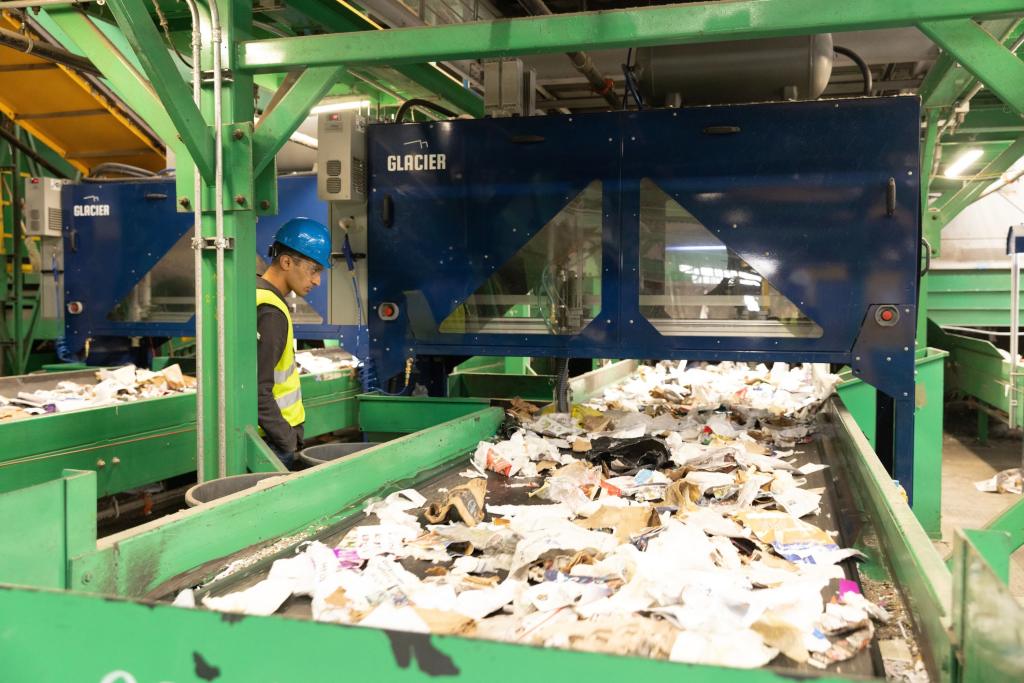South Korea is currently evaluating whether to permit Google and Apple to export high-resolution geographic map data to servers located outside the country. These detailed maps, scaled at 1:5,000, would offer significantly more detailed views of streets, buildings, and alleyways than what is currently available on these platforms. However, several regulatory and security concerns remain unresolved.
Earlier this week, the National Assembly Defense Committee of South Korea conducted a parliamentary audit of Google Korea. Lawmakers scrutinized the company’s requests for local map data, expressing concerns over national security and digital sovereignty. This session follows a series of delays in the government’s decision-making process regarding Google’s request to export high-resolution map data, with postponements occurring in May and August of this year.
A policymaker has cautioned that Google’s satellite maps could pose a threat to national security by potentially exposing sensitive military sites when combined with commercial imagery and online data. The lawmaker is advocating for the government to obtain the authority to monitor and regulate the export of high-resolution geographic information. Given that South Korea remains technically at war with North Korea, the government is particularly cautious about revealing such locations.
The government’s final decision on Google’s request is anticipated around November 11, or possibly earlier, according to a South Korean government official. Last month, the Ministry of Land, Infrastructure and Transport announced an extension of the review period by an additional 60 days.
In February, Google submitted its third request to the Korean National Geographic Information Institute for permission to use a 1:5,000 scale map in its app and to transfer the map data to servers outside of South Korea. Currently, Google utilizes a 1:25,000 scale map that includes points of interest and satellite imagery. In contrast, local navigation apps such as Naver Map, T Map, and Kakao Map are the most popular among local users. These apps offer map data at a scale of 1:5,000, providing much more information and detail, thereby giving them a significant competitive advantage.
In both 2011 and 2016, South Korean authorities denied Google’s request for access to the country’s map data. Officials stipulated that approval would be contingent upon the company establishing a local data center and obscuring sensitive locations, including national security sites, citing security concerns. Google declined to meet these conditions.
After South Korea rejected approval in August, Google reportedly agreed to obscure the locations of the country’s security sites on Google Maps and Google Earth. The company is blurring sensitive installations to address government concerns over satellite imagery and is reportedly exploring the purchase of government-approved satellite data from local providers, including T Map.
It’s not just Google making moves. Apple also requested in June to export high-resolution map data from South Korea at a 1:5,000 scale. That came after its initial request in 2023 was turned down.
While Google keeps its map servers outside Korea, Apple operates local servers, a distinction the government weighs when reviewing requests. Local servers allow authorities to respond swiftly to security concerns at sensitive sites.
Last month, South Korea postponed its decision on allowing Apple to export high-precision digital map data, pushing the review to December.
Reports suggest Apple may show more flexibility than Google in adhering to government-imposed restrictions, including blurring, masking, or lowering the resolution of sensitive sites. The company is also said to plan to use SK Telecom’s T Map as its primary base map data source.
Google and Apple are upgrading their maps with detailed building footprints, alleyways, and precise street-level data to enhance navigation, which could also support advanced technologies like self-driving cars and drone deliveries. For South Korea, exporting high-resolution map data could boost tourism, promote local businesses, and drive smart city innovation, while giving the government leverage to enforce security safeguards. Critics, however, warn that the move may primarily benefit U.S. tech giants rather than domestic users.
Google Maps has a broader global reach, covering 250 countries and territories, while Apple Maps is available in just over 200 regions, per a report.


